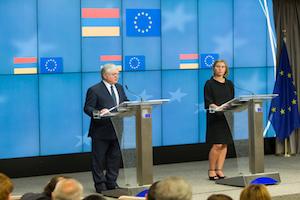The Informalization of CIS and Formalization of EEU: Russia’s Strategy to Maintain Leverage in its Neighborhood
By Farkhod Tolipov
January 25, 2024
On December 25-26, 2023, two summits were held in Saint Petersburg: the Eurasian Economic Union (EEU) summit and the so-called CIS informal summit. They can be regarded as a joint summit of two organizations with similar goals. In fact, in its attempt to prevent the fate of a fading empire, Moscow seeks to resort to its soft power instruments and create a semblance or entourage of collectivity around Russia. In the context of its war in Ukraine and frequent unfriendly and threatening statements towards its neighbors, the Kremlin’s artificial collectivity looks like a disguise of its loneliness.
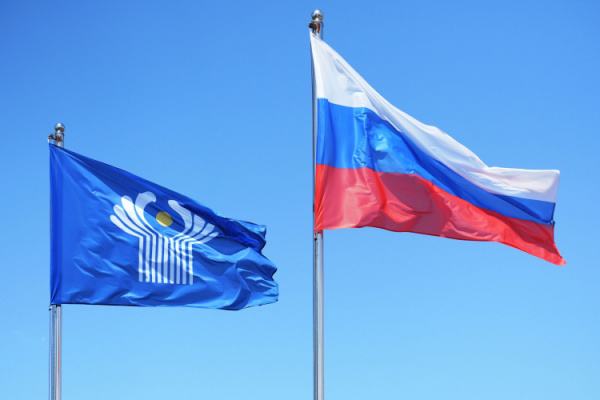
Russia’s Menu of Manipulation in Kyrgyzstan
Johan Engvall
November 27, 2023
Kyrgyzstan is fertile soil for Russian manipulation. Institutional enmeshing with Russia, lack of alternative security protection, old and new economic linkages, and traditional values vulnerable to Russian propaganda have enabled Moscow to retain a firm grip on Kyrgyzstan. Meanwhile, Russia’s war in Ukraine has led to greater uncertainty. There are opportunities for Kyrgyzstan to diversify external relations, but also risks of new dependencies and greater insecurities vis-à-vis Russia.
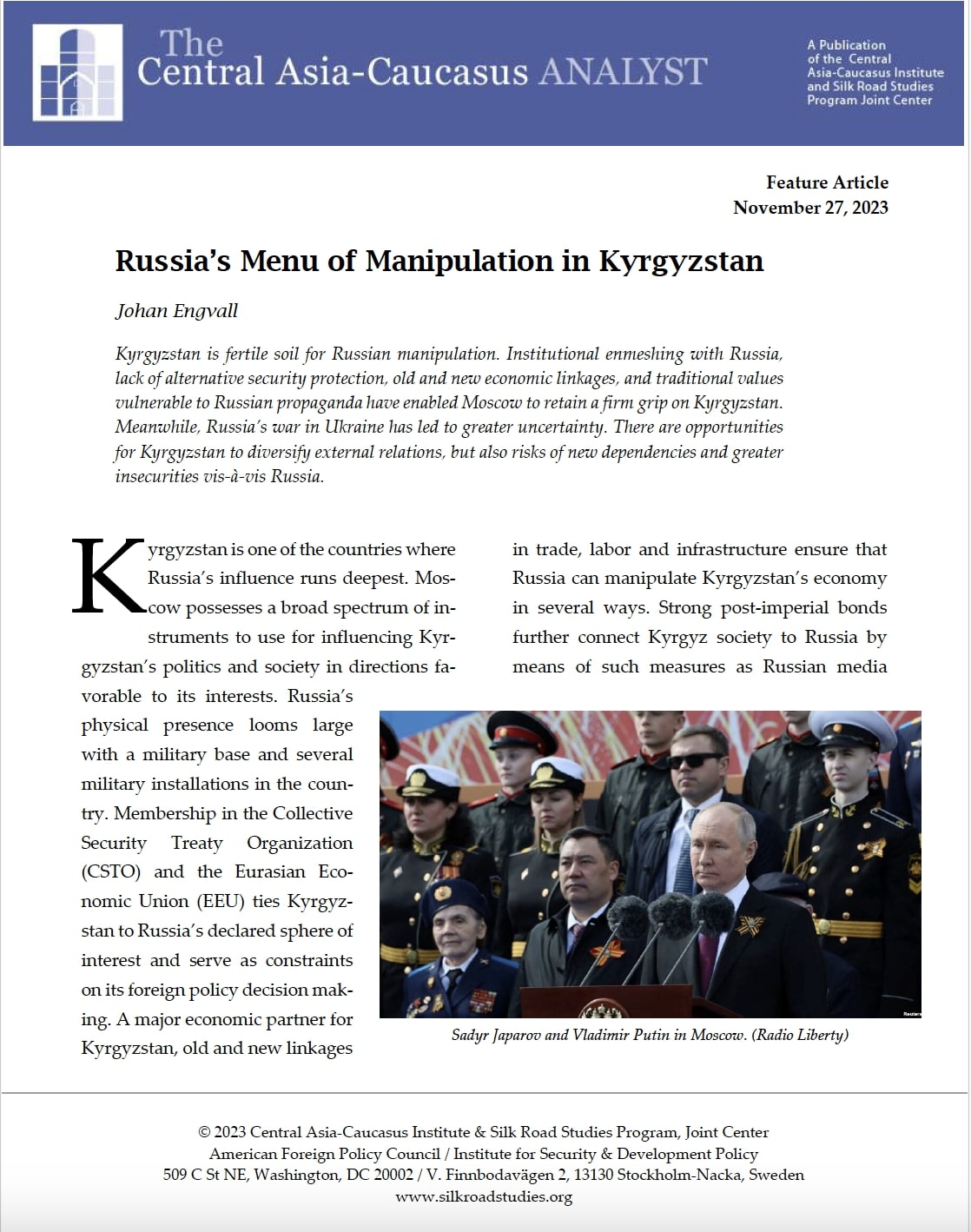
The Eurasian Union Flunks Its Stress Test
By Stephen Blank
April 27, 2020, the CACI Analyst
Crises are often telling indicators of an institution’s fitness. The Coronavirus pandemic is currently putting governments and regional institutions like the EU under profoundly challenging stress tests. Another such regional institution is the Eurasian Economic Union (EEU), which Russian President Vladimir Putin and its champions have claimed is organized along the lines of the EU. Whatever the EU’s successes or failures, it is clear that the EEU has failed to display even a semblance of the EU’s cohesion. Moscow has simply disregarded the interests of its partners and pursued a sharply unilateralist policy that seriously complicated if not threatened its partners’ economies, particularly in Central Asia.
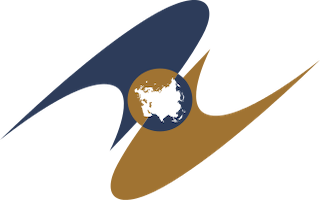
Azerbaijan-Russia Relations Warm Up
By Natalia Konarzewska
February 3, 2020, the CACI Analyst
The end of 2019 saw increasing diplomatic activity between Azerbaijan and Russia, at a time when Russia wants to strengthen its profile in Azerbaijan and bring the country closer to Moscow-promoted multilateral initiatives. This is partly due to Azerbaijan’s increasing geopolitical importance to the West and China, being a key participant in the Southern Gas Corridor and a prospectively important one in the Belt and Road initiative (BRI). Russia also wants Azerbaijan to counterbalance its traditional South Caucasus ally Armenia, whereas Azerbaijan expects Russia’s assistance in resolving the Nagorno-Karabakh conflict, which is nevertheless unlikely to materialize.
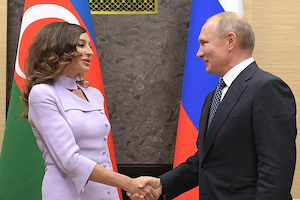
Armenia Signs Framework Agreement with EU, Attracts Russian Ire
By Armen Grigoryan
December 21, 2017, the CACI Analyst
The new framework agreement between Armenia and the European Union creates some opportunities to implement governance reforms and to amend the legal framework, which would improve the investment climate. The new agreement excludes free trade provisions which would contradict Armenia’s commitment to the Russia-led Eurasian Economic Union (EEU). Meanwhile, EEU membership continues to undermine the welfare of Armenian citizens, despite previous official assurances, while the lack of political will deriving from both internal and external factors may potentially limit the government’s readiness to implement reforms.
